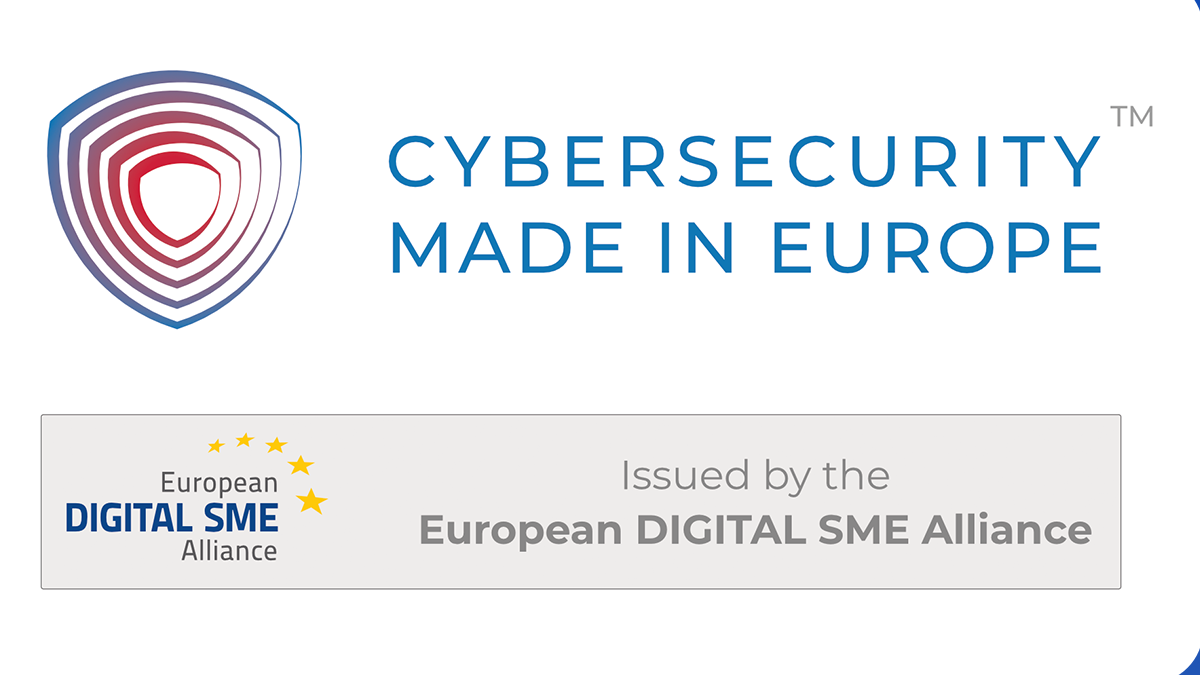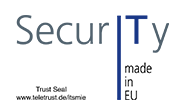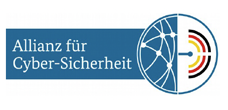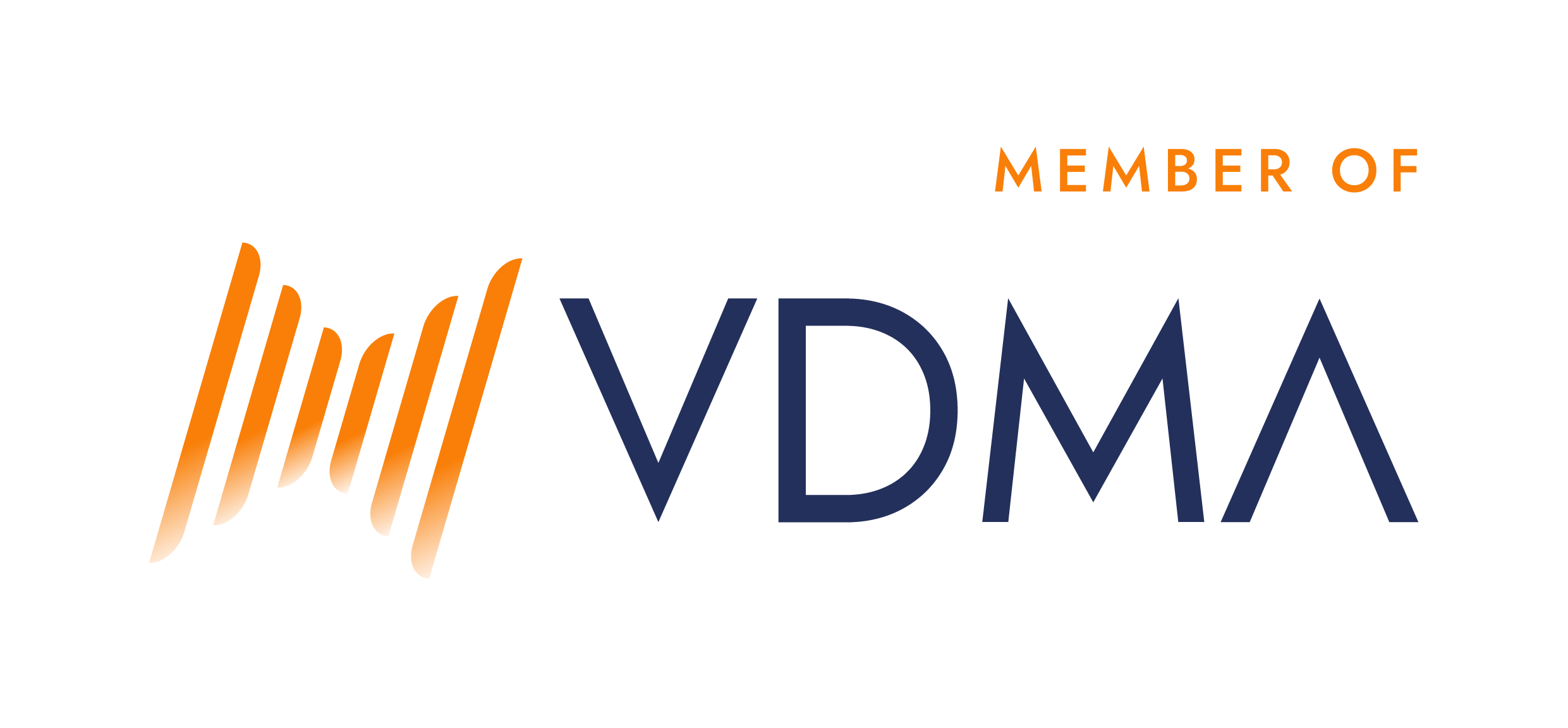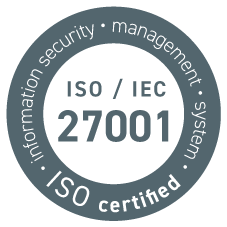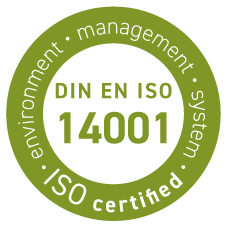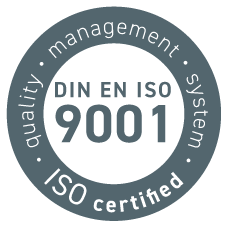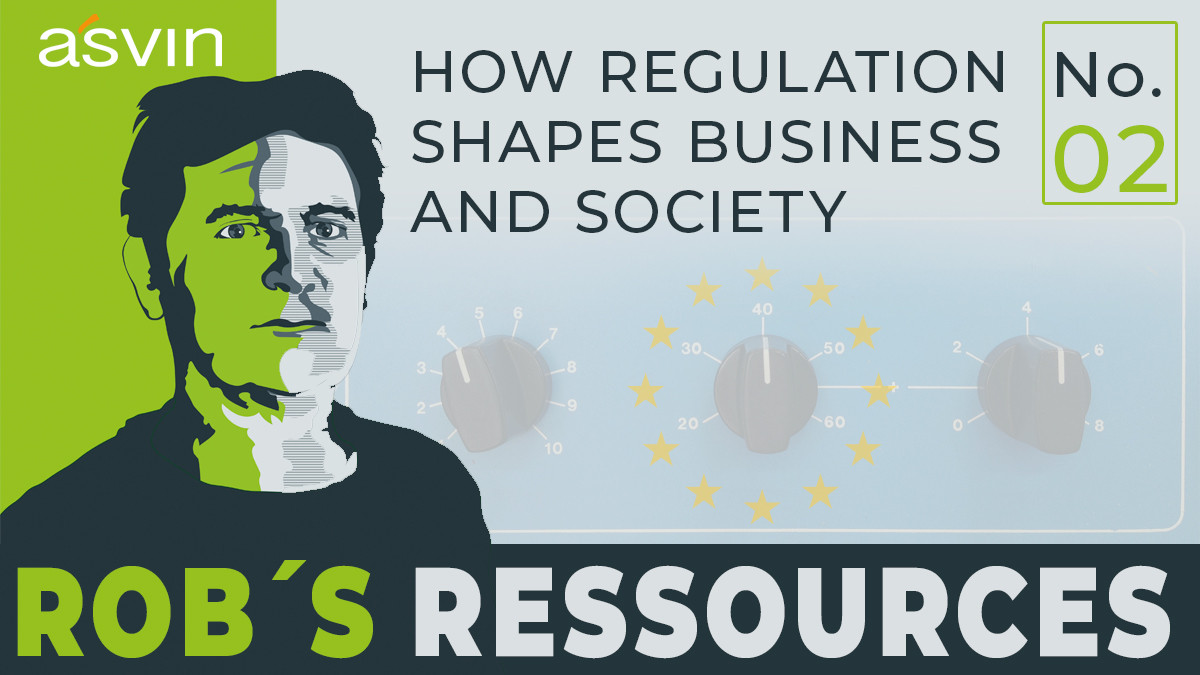
The way we interact and communicate with each other changes with every day, every word and every object we use. This was already the case in the days of pen and paper, home chores and strictly defined daily routines, and only little has changed in this regard to this day. Interaction is fluid.
Today, however, we are not far from interaction being not only fluid, but increasingly commercialized because of an ever-increasing machine and artificial component. Machines and algorithms have operators, and these operators strive for revenue and profit through machine and algorithm use. The effects of this have been and still are discussed controversially enough. The fact that criminal interests always creep in alongside commercial ones is also well known.
What has received little attention so far, however, is a new, quite unique fluid machine and artificial criminality. This threatens to creep directly into human decision-making and will formation by compromising new forms of interaction. IoT is no longer just the Internet of Things; it is evolving into the Internet of Manipulation. Networked objects can be used not only for entertainment or consumption, but also for automated and undetected political influence and theft of intellectual and material property. The digital space “populated” by humanoid and increasingly by machine entities is thus becoming not only a gamblers’ den, but also a battlefield. Here, East battles West, corporations battle states, and dictators battle republics.
The EU has this battlefield in mind. But it will not take up arms; instead, it will use the only remaining sharp instrument left to democratically legitimized communities of states: the law. With an unprecedentedly far-reaching series of legislative initiatives, the EU under Competition Commissioner Thierry Breton is currently creating a regulatory framework that is intended to put a stop to Internet manipulation. What’s more, Breton intends to make the EU legal area not only secure, but also capable of growth. To this end, legal norms and standardization procedures will be subjected to a process of change that will create new, vigorous competitive conditions for European companies.
Business associations recognize and welcome this development. The cybersecurity pacemaker asvin.io supports EU projects with the goal of reshaping existing and necessary infrastructures into a self-sufficient, strong Internet of trust. Here, we loosely bring you information and insights on current developments in the EU regulatory scene. Our Chief Innovation Officer, IoT pioneer Rob van Kranenburg from Ghent, is looking forward to questions, suggestions and new impulses.
We welcome you to approach us with your specific NIS2, CRA, SBOM or cybersecurity requirements!
